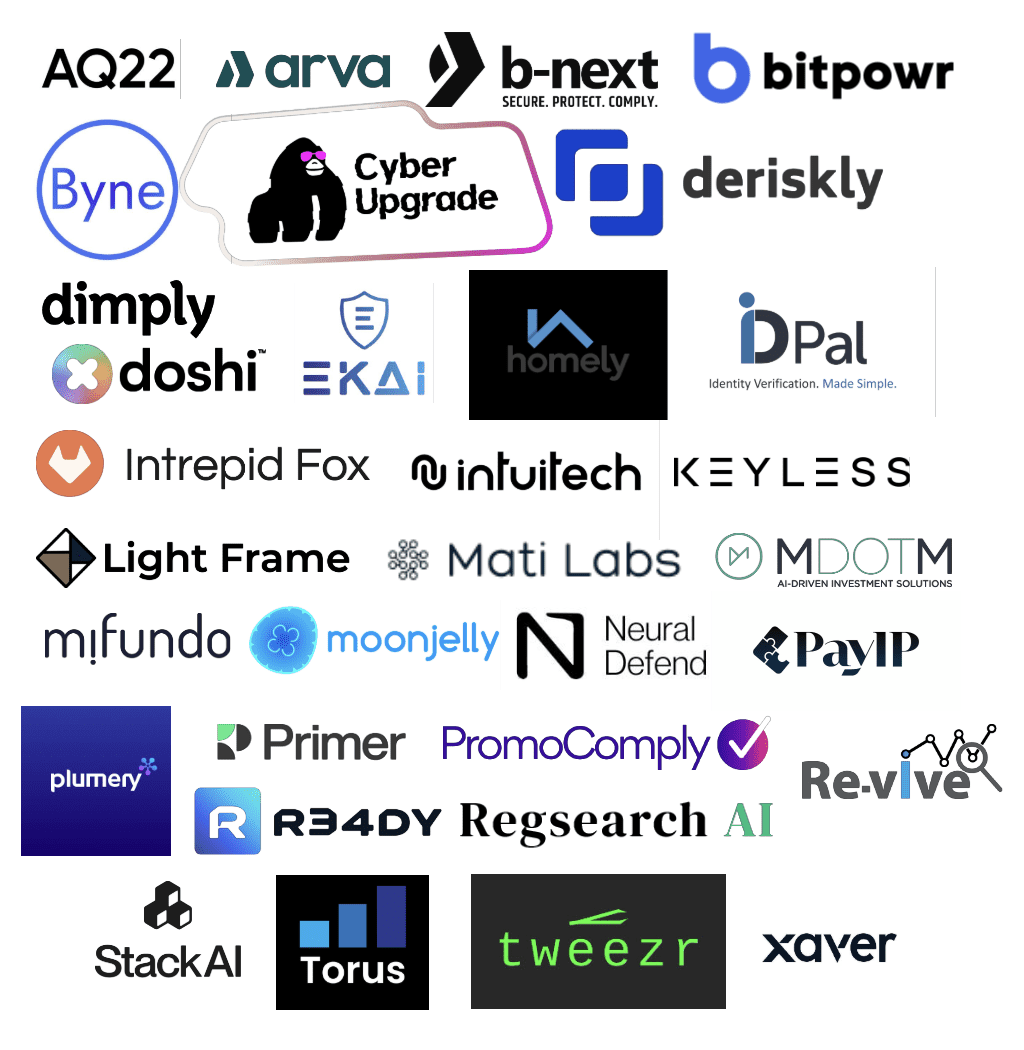
- Digital investment platform Scalable Capital has teamed up with BlackRock to make it easier for investors in Germany to add private equity investments to their portfolios.
- The partnership will make Scalable Capital the first digital investment platform to enable investors to participate in the BlackRock Private Equity Fund.
- Headquartered in Germany, Scalable Capital made its Finovate debut at FinovateEurope 2016 in London.
A new partnership with BlackRock will enable Scalable Capital to offer its customers in Germany access to alternative investments, including in private equity. The new offering will provide access to investments in companies that are not listed on stock exchanges, giving non-professional investors the benefit of potentially higher returns and greater diversification previously available only to a few.
“For decades, investing in private companies was reserved for institutions and the ultra-wealthy,” Scalable Capital CMO Maximilian Meyer wrote on LinkedIn this week. “Not anymore. Scalable Capital is making Private Equity accessible – in partnership with BlackRock.”
Scalable Capital will be the first digital investment platform to offer access to the BlackRock Private Equity Fund. The fund consists of co-investments in which majority stakes in private companies around the world are acquired together with a network of private equity managers. The fund differs from many other private equity funds insofar as it is an open-end fund, rather than closed-end. This, among other things, enables investors to redeem invested capital more regularly than they would with a closed-end fund. Further, returns and dividends are reinvested by the fund, which can provide greater compound interest and higher returns over time.
A minimum one-off investment of €10,000 is required to invest in the BlackRock Private Equity Fund but, after that commitment is made, investors can use the fund as part of a savings plan. To support access to the new asset class, Scalable Capital has enhanced its platform with a fully digitized suitability check, a two-week revocation option for purchase orders, and a comprehensive range of information to help investors make informed investment decisions.
The partnership between Scalable Capital and BlackRock comes at a time when the demand for private equity is growing. Especially for investors with a longer time horizon, private equity investment can provide both portfolio diversification as well as high return potential. In its partnership announcement, Scalable Capital noted that private equity has produced nearly 15% annual growth in US dollars over the past 20 years, outperforming the MSCI World Index. The company noted additionally that compared to a traditional portfolio with an asset mix of 60% stocks and 40% bonds, the inclusion of up to 20% in private market investment can provide a superior risk/reward profile as well.
“As alternative investments such as private equity are becoming increasingly relevant for participation in economic growth, we now make them accessible to investors,” Julius Weller, Vice President Broker at Scalable Capital, said. “With the expansion of our investment platform to include this segment, clients gain access to the high return potential of private companies. We also achieve the favourable terms and simple handling for private equity that Scalable Capital is known for.”
Scalable Capital made its Finovate debut at FinovateEurope 2016 in London. In the years since then, the Munich, Germany-based company has become a leading digital investment platform in Europe. More than €27 billion is held on Scalable Capital’s platform by more than one million customers.
BlackRock is a leading provider of investment, advisory, and risk management solutions. The company is also the world’s largest asset manager with $11.5 trillion in assets under management, $40 billion of which are in alternative assets. Founded in 1988, BlackRock is headquartered in New York.
















